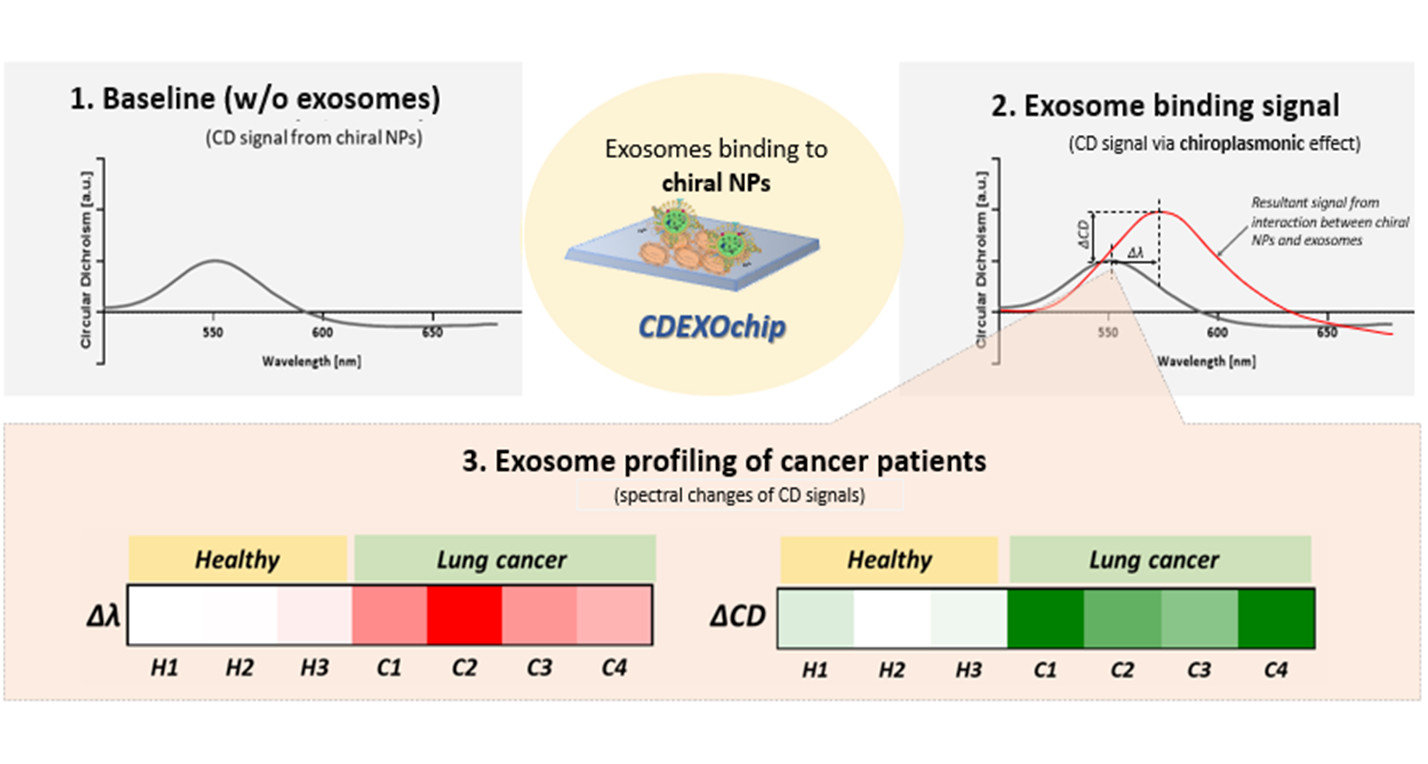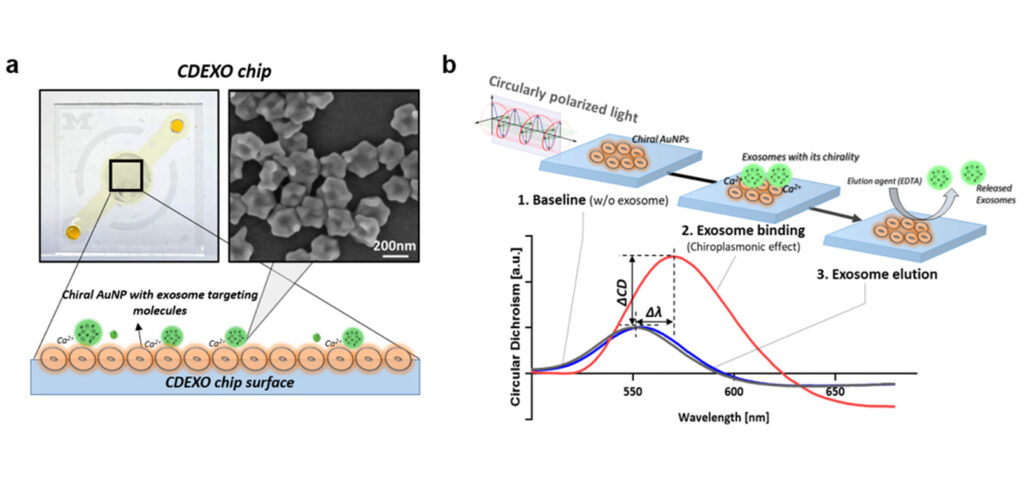
Funding received to advance nanotechnology for cancer treatment
Funding from the Forbes Institute for Cancer Discovery supports nanotechnology to improve cancer detection and diagnostics.

Funding from the Forbes Institute for Cancer Discovery supports nanotechnology to improve cancer detection and diagnostics.
Chemical Engineering professors Sunitha Nagrath and Nicholas Kotov received funding from the Forbes Institute for Cancer Discovery to support the development of a cutting edge engineering solution for clinical medicine nanotechnology that can detect nano-vesicles secreted by tumor cells.
“We are extremely grateful and thrilled to receive this award at the right moment. We have good preliminary data but needed resources to innovate and optimize further,” Nagrath said. “This funding will help us generate more concrete data so that we can apply for federal grants.”
“We are extremely grateful and thrilled to receive this award at the right moment. We have good preliminary data but needed resources to innovate and optimize further. This funding will help us generate more concrete data so that we can apply for federal grants.”
Sunitha Nagrath
Professor of Chemical Engineering
The project, which aims to develop a test for rapid detection and profiling of exosomes, would augment current cancer diagnostics and serve as a test to monitor the disease.
Nagrath and Kotov are combining their multidisciplinary expertise as co-principal investigators alongside thoracic surgeon, Rishindra Mamidi Reddy, to develop detection and rapid mutation profiling using chiral gold nanoparticles self-assembled onto a microfluidic device.
For the research, Nagrath’s Lab is capturing and profiling exosomes by developing the microfluidic device. The captured and profiled exosomes can then be rapidly detected using nanoplasmonics.
These vesicles regulate signaling and communication in the body and play a critical role in the development of diseases like cancer.

“This work has huge potential to transform liquid biopsy for cancer. Rapid mutations in cancer can make its treatment challenging,” Chemical Engineering PhD student Abha Kumari said. “With a simple blood draw, the platform will be able to detect these mutations, allowing alteration of any treatment course early-on. Thus, it will help improve patient care.”
Kumari along with other doctoral students and postdoctoral research fellows have been involved in fabricating the microfluidic platform using a glass slide and charged polymers to assemble chiral gold nanoparticles engineered by the Kotov Lab.
The particles are then functionalized with a specific protein that isolates and profiles cancer-associated exosomes.
The transitional feature of the project to test and validate the work with clinical specimens is then supervised by Reddy.
“I am amazed by the potential of microfluidics to extract immense information from merely tiny nanovesicles. It’s exciting being able to apply this understanding to help cancer patients.”
Abha Kumari
PhD Student in Chemical Engineering
“I am amazed by the potential of microfluidics to extract immense information from merely tiny nanovesicles,” Kumari said. “It’s exciting being able to apply this understanding to help cancer patients.”
The $250,000 award aims to emphasize multidisciplinary research proposals that enable the translation of new discoveries and approaches toward clinical applications.
The Forbes Institute for Cancer Discovery Award was launched in 2016 and founded by Sidney and Madeline Forbes, long-time Detroit-area philanthropists.
The institute encourages scientists across the university to undertake initiatives with the potential to drive new advances in cancer research, fueling rapid development of innovative technology and new therapies. It is a vital part of the Rogel Cancer Center’s research enterprise, providing game-changing grants to faculty to propel research toward cures.